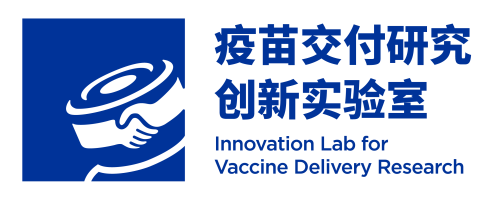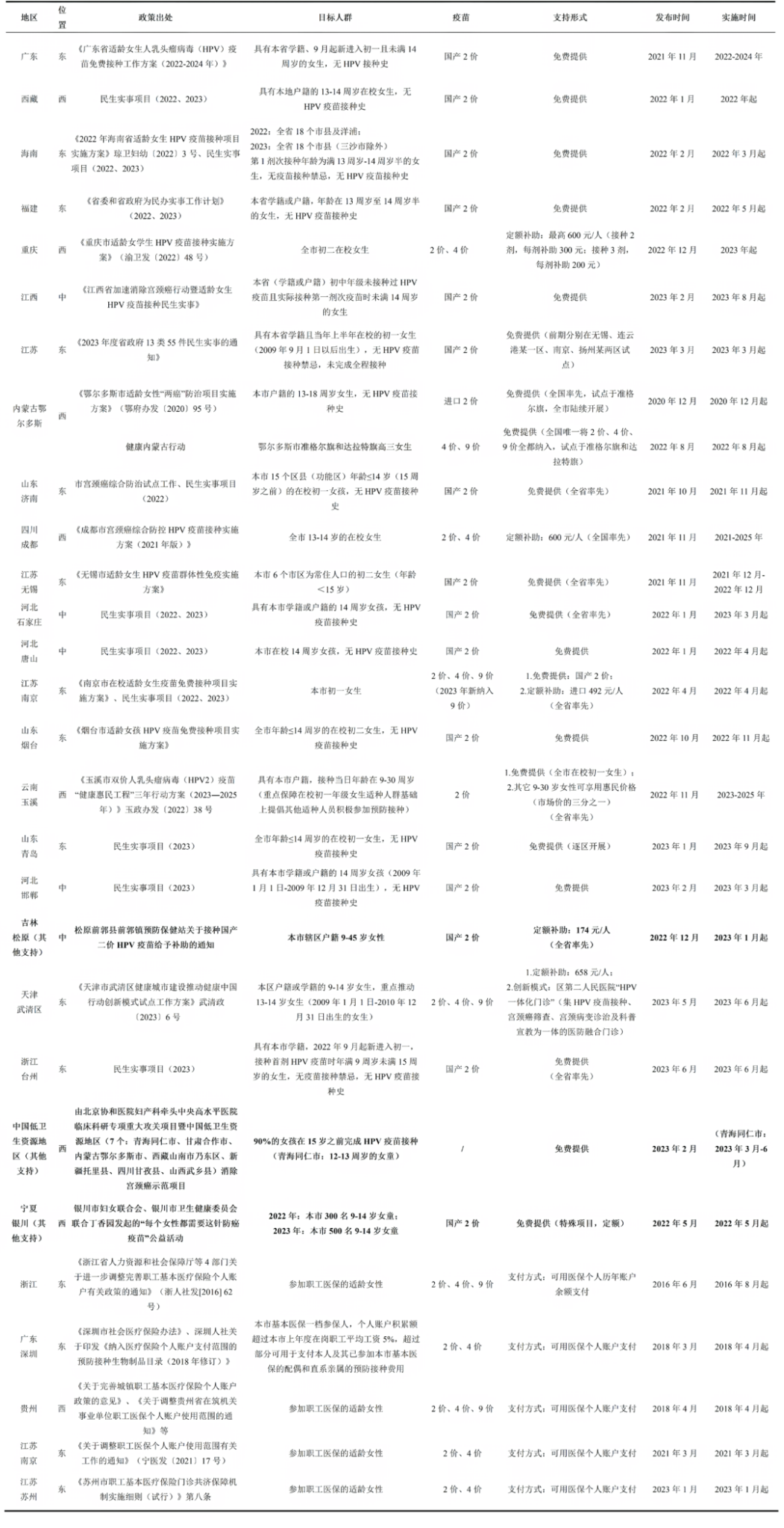One of the most essential instruments for preventing infectious diseases, and the lives and health of the populace in China, as well as disease prevention and control, are related to the financing, procurement, supply, and delivery of vaccines. On November 21, with the support of the Bill & Melinda Gates Foundation, Duke Kunshan University Innovation Lab for Vaccine Delivery Research (hereinafter referred to as the “Innovation Lab”) hosted the “Vaccine Procurement & Financing Workshop”, inviting experts and scholars in the field of vaccine financing procurement from home and abroad to share their international experience and research progress on vaccine financing procurement.
Professor Shenglan Tang, Co-Director of the Global Health Research Center at Duke Kunshan University, director of the Innovation Lab for Vaccine Delivery Research, and, the director of the meeting, began by stating that this is the first workshop the Innovation Lab has held on vaccine procurement and financing since its establishment. In recent months, the Innovation Lab, in collaboration with various partners, conducted several studies, written policy papers based on national immunization programs, HPV vaccines, and other areas, and advocated and disseminated through different media channels. This workshop was organized to bolster the exchange of international practices and domestic research advances in vaccine financing and procurement.
Keynote speakers at the workshop featured prominent figures such as Putri Herliana (Vaccines Regional Manager for Southeast Asia and the Pacific, CHAI Clinton Health Initiative); Anithasree Athiyaman (Senior Associate for New Vaccine Introductions and Service Delivery for Southeast Asia and the Pacific region, CHAI); Professor Xiaohua Ying (Director, Health Economics Teaching and Research Department, Fudan University); Weixi Jiang (Youth Research Associate in the Department of Health Economics, Fudan University); and Dr. Can Zhang (Assistant Professor, Fuqua School of Business, Duke University).
Dr. Jiahui Zhang, Director of the First Research Office of the Social Development Research Department of the Development Research Center of the State Council, Dr. Wenzhou Yu, Director of the Immunization Service Office of the Center for Immunization Planning of the Chinese Center for Disease Control and Prevention, and Professor Weibing Wang, Director of the Epidemiology Department of the School of Public Health of Fudan University, engaged in a lively discussion with the keynote speakers. Additionally, experts and scholars from Shenzhen Health Development Research and Data Management Center, Beijing Center for Disease Prevention and Control, Sichuan University, and other institutions and universities actively participated in the conference.
Two speakers from the Clinton Health Access Initiative (CHAI) presented a summary of practices and lessons learned from introducing the f pneumococcal vaccine (PCV) in Indonesia. Since 2016, CHAI has supported the government’s decision to introduce the PCV vaccine and its implementation in Indonesia, driving political commitment to improve vaccine coverage, with Indonesia planning a full nationwide rollout of the PCV vaccine this year. Professor Ying Xiaohua (Director, Health Economics Teaching and Research Department, Fudan University) was invited to present the experience of pooled procurement of drugs in China, analyzing the model, characteristics, price determinants, and effectiveness of drug pooling, as well as explore the value of the drug pooling model in vaccine procurement. Dr. Weixi Jiang (Youth Research Associate in the Department of Health Economics, Fudan University) introduced the procurement and financing model of vaccines for non-immunization programs in China in recent years. Furthermore, some provinces and cities have implemented and provided financial support for partial vaccination programs targeting non-immunization program vaccines. They have also opened personal accounts for urban workers’ medical insurance to cover the costs of non-immunization program vaccines. However, a national-level policy addressing this matter has not yet been developed. Exploring policy breakthroughs in procurement and financing models for second-category vaccines is critical to improving coverage of second-category vaccinations. Professor Can Zhang (Assistant Professor, Fuqua School of Business, Duke University) introduced an overview of the participants, process, supplier selection, and pricing of vaccine bidding involved in vaccine procurement at both national and international organization levels, summarizing relevant experiences.
In the discussion session, the participating researchers and guests engaged in a lively discussion on the experience of PCV introduction, cooperation of government and international organizations, presentation of cost-benefit evidence, and procurement inclusion mechanism of countries in introducing new vaccines.
Dr. Jiahui Zhang, Director of the First Research Office of the Social Development Research Department of the Development Research Center of the State Council, spoke highly of the content shared at the conference, saying that the financing and collection of second-tier vaccines requires more consideration of whether the prerequisites are in place—whether there is a public and strong unified procurement body for procurement and financing, and whether a linkage between quantity and price can be achieved.
Dr. Anna (Heng) Du, Senior Program Officer of the Bill & Melinda Gates Foundation, summarized the workshop, saying that the workshop provided a good platform for exchanging practical experiences on vaccine financing and procurement at home and abroad providing directions and thoughts for future exploration. The introduction of the new vaccine in China may start with pilot programs in specific provinces, drawing insights from the progress of HPV-paid vaccine promotion in China.





